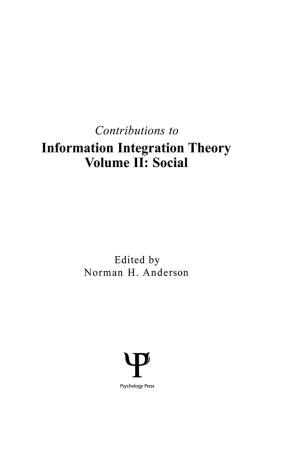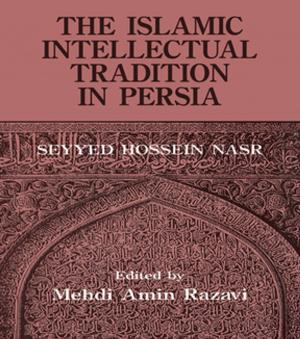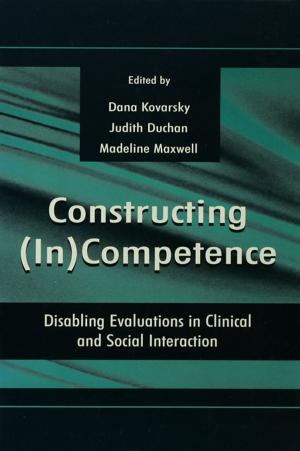Theories of Value from Adam Smith to Piero Sraffa
Business & Finance, Economics, Economic History, Nonfiction, Social & Cultural Studies, Social Science| Author: | Ajit Sinha | ISBN: | 9780429807718 |
| Publisher: | Taylor and Francis | Publication: | August 6, 2018 |
| Imprint: | Routledge India | Language: | English |
| Author: | Ajit Sinha |
| ISBN: | 9780429807718 |
| Publisher: | Taylor and Francis |
| Publication: | August 6, 2018 |
| Imprint: | Routledge India |
| Language: | English |
This book presents a comprehensive account of more than 200 years of controversy on the classical theories of value and distribution. The author focuses on four, perhaps most critical classics — Adam Smith’s Wealth of Nations, David Ricardo’s Principles of Political Economy, Karl Marx’s Capital and Piero Sraffa’s Production of Commodities by Means of Commodities. The book highlights several significant differences in the widely celebrated theories of the four authors as it searches for the ‘classical standpoint’ that separates them from the ‘moderns’. It also challenges canonical interpretations to analyse their flaws and weaknesses, in addition to the already obvious strengths, and critically engages with the major alternative interpretations and criticisms of the theories.
With a new Afterword that follows up on the debates and developments since the first edition, this book will appeal to scholars and academics of economic theory and philosophy, as well as to the general reader.
This book presents a comprehensive account of more than 200 years of controversy on the classical theories of value and distribution. The author focuses on four, perhaps most critical classics — Adam Smith’s Wealth of Nations, David Ricardo’s Principles of Political Economy, Karl Marx’s Capital and Piero Sraffa’s Production of Commodities by Means of Commodities. The book highlights several significant differences in the widely celebrated theories of the four authors as it searches for the ‘classical standpoint’ that separates them from the ‘moderns’. It also challenges canonical interpretations to analyse their flaws and weaknesses, in addition to the already obvious strengths, and critically engages with the major alternative interpretations and criticisms of the theories.
With a new Afterword that follows up on the debates and developments since the first edition, this book will appeal to scholars and academics of economic theory and philosophy, as well as to the general reader.















